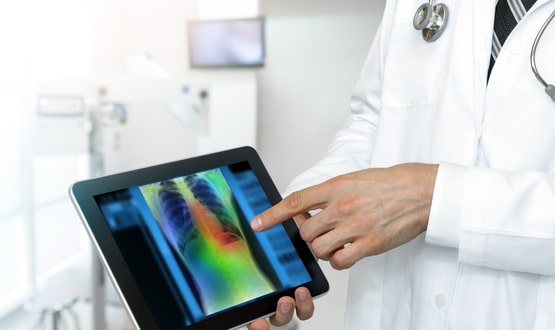Royal Free, London’s first to exit NPfIT
- 18 June 2014

The Royal Free London NHS Foundation Trust has become the first Cerner Millennium trust in London to exit its National Programme for IT contract.
Will Smart, Royal Free’s director of IM&T, told EHI the trust successfully migrated its data from BT’s London data centre to Cerner’s data centre last weekend, after arranging with the Health and Social Care Information Centre to leave its contract early as a “proof of concept” for other trusts.
The HSCIC has covered the trust’s exit costs, in an apparent indication of how it may approach the wider funding of NPfIT contracts coming to an end.
Royal Free was one of the first London trusts to deploy Millennium. It went live with the system in 2008, and has gone on to use its MPages to give clinicians customisable views of its data, and to run Millennium on tablets.
In April, Royal Free signed with Cerner to provide its electronic patient record system, application management and hosting services beyond the end of its national contract.
Smart said the planning for the exit from the data centre had taken some time, with the trust taking a copy of its system to Cerner for regression testing in May.
A link between the BT and Cerner data centres set up earlier this month to transfer information between in real time.
Smart said the HSCIC managed contractual and commercial discussions with BT, raising a change control notice and covering the exit costs.
Trusts with systems delivered by BT in London and the South of England have two years to choose a new supplier, sign contracts and migrate to new systems.
All six London trusts that deployed Millennium during NPfIT look set to stick with it. The official transition period runs from October 2014 to October 2015, but some trusts want to exit earlier.
Trusts have been waiting for some time to find out whether they or central government will cover the cost of exiting their NPfIT contracts, as EHI reported last October.
In a statement to EHI in April, the Department of Health said it is “supporting trusts who receive services from the BT local service provider contracts to exit in a safe and planned way,” but that costs are still being finalised.
The lack of clarity from government around these issues is reportedly holding up new contract signings between suppliers and trusts looking to move off their national contracts.
Smart said the trust will hold internal discussions about the lessons learned from the exit and the next steps in the process, with the information likely to be shared with other London IT directors.
He said the trust has now started an upgrade to the 2012 version of the Millennium EPR, with the project starting this week and expected to be completed by September.
It is also working on other IT projects related to intensive care and device management, and is “in train” with work to merge its patient administration system with Barnet and Chase Farm Hospitals NHS Trust’s PAS as part of a merger.
The trust’s new ten-year contract with Cerner includes the addition of remote hosting and application management services, which Cerner says will help to improve operational efficiency and reliability for staff using the system.




